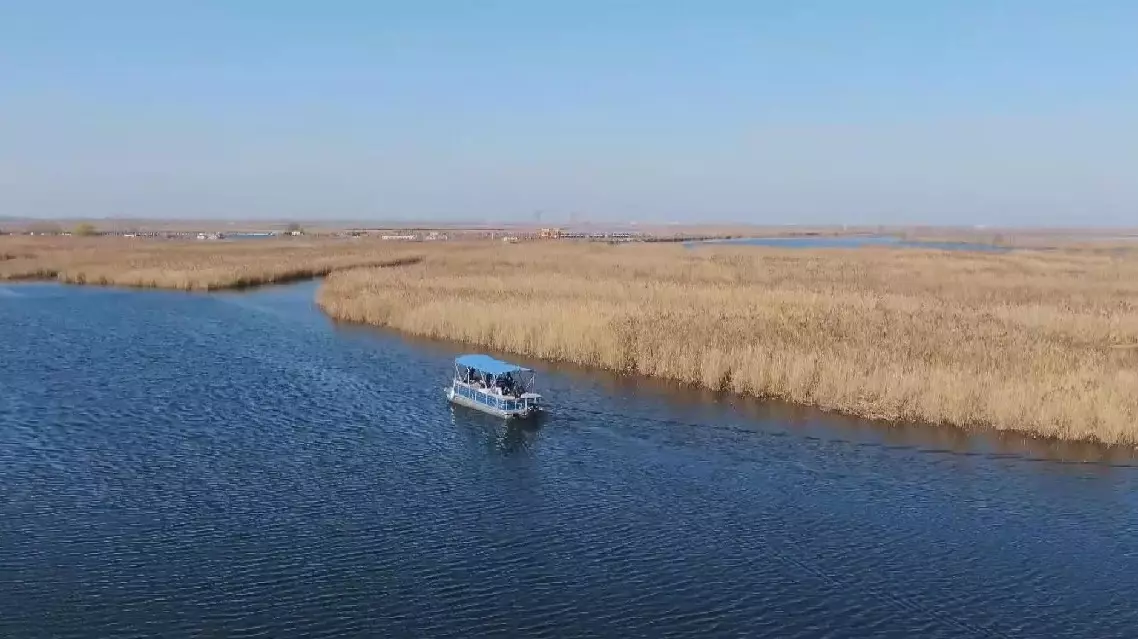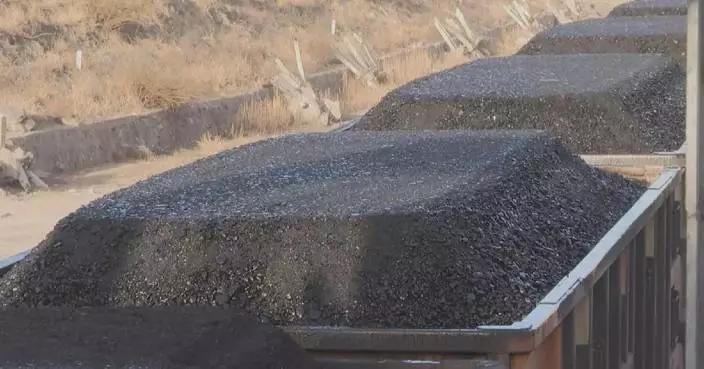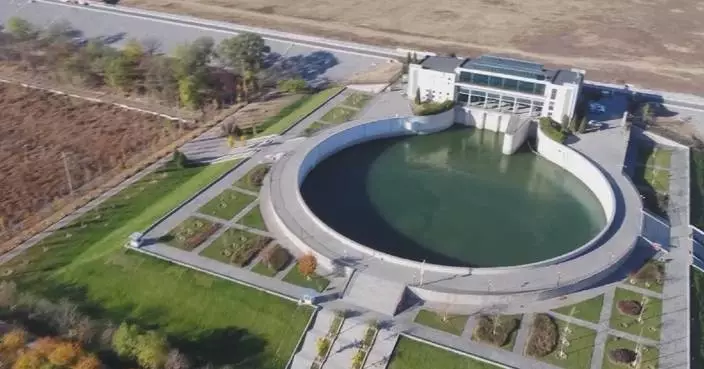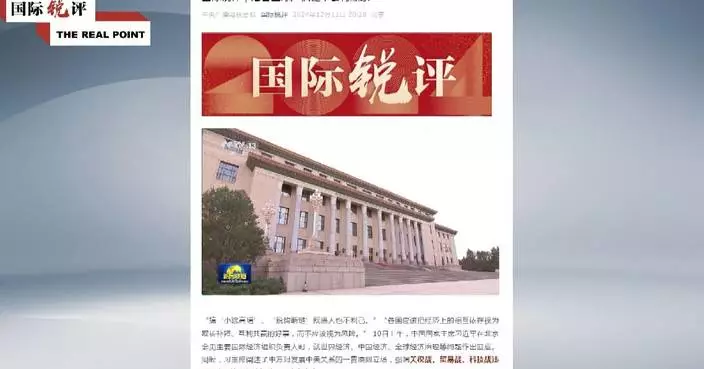The U.S. allegations against Chinese information and telecommunication products have no factual grounds, a spokesman of the Ministry of Commerce said at a press conference in Beijing on Thursday.
The U.S. House of Representatives is set to vote on an annual defense policy bill that includes allocating over three billion U.S. dollars to American telecom companies to remove equipment manufactured by Chinese companies Huawei and ZTE from U.S. wireless networks as a measure to address so-called "security risks."
When asked to comment on the event, He Yadong, the spokesman, said, "The U.S. allegations regarding security risks posed by Chinese information and telecommunication products have no factual grounds. China firmly opposes the U.S. overstretching the concept of national security, which goes against market economy principles and fair competition, disrupting normal economic and trade cooperation between Chinese and U.S. companies."
"China urges the U.S. to respect facts and stop politicizing and weaponizing economic and trade issues. China will take all necessary measures to firmly defend the legitimate rights and interests of Chinese enterprises," said He.

US allegations against Chinese telecom products lack factual grounds: spokesman
China's South-to-North Water Diversion Project has helped replenish Baiyangdian, the largest freshwater wetland in northern China, improving its water quality and benefiting local residents.
Baiyangdian, located in Xiong'an New Area in Hebei Province, is along the middle route of the diversion project. In total the project features three routes -- east, middle and west. The middle route, which is the most prominent one, begins at the Danjiangkou Reservoir in central China's Hubei Province and runs through Henan and Hebei before reaching Beijing and Tianjin.
The first phase of the middle route project has transferred over 21.7 billion cubic meters of water to Hebei since it began supplying water in 2014.
In the 1970s and 1980s, Baiyangdian's ecological environment plunged to its worst with the water quality constantly deteriorating. Over the past decade, the diversion project, along with local environmental sustainability efforts, has bolstered the area's rehabilitation and conservation activities, and the water quality in Baiyangdian has improved from Level V -- the lowest in China's five-tier water assessment system -- to Level III.
"Now the dissolved oxygen in the water in our lake area is 11.63 mg/L, suggesting that the dissolved oxygen content here is relatively high. It indirectly proves that our water quality is relatively clean," said Zhu Tianzhe, a water quality analyst of Xiongan New Area Ecological Environment Monitoring Center.
Increasing numbers of wild creatures are returning to Baiyangdian as the water quality improves, and the lake has steadily evolved into a haven for lotuses, reeds and abundant fish species.
Over the past 10 years, the middle route of the South-to-North Water Diversion Project has continuously replenished the rivers and lakes and also benefited the people along the route.
Now Baiyangdian, with its constantly improved ecological environment, is receiving increasingly more tourists on weekends and holidays, and many local villagers have joined the efforts to develop rural tourism. Wang Jun, Party chief of Wangjiazhai Village, the only village in Xiong'an that is surrounded by water and not accessible by road, said, "In recent years, the cultural and tourism industry in our village has developed rapidly. There are more than 100 homestay inns which create 600 to 700 jobs every year. Now we have courtyards like these, which are small courtyards built in the style of water towns in regions south of Yangtze River. Our village receives many tourists every year and can earn up to 1 million yuan a month in a normal year."

Diversion project helps improve water quality, people's livelihood in Baiyangdian











